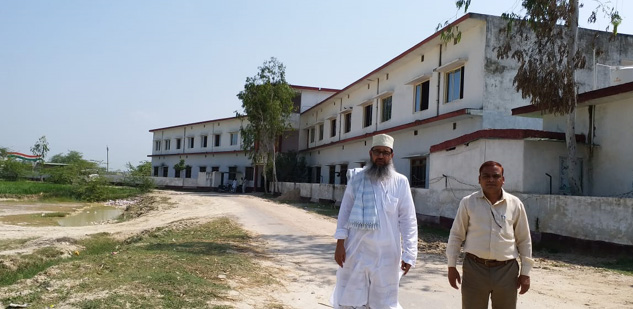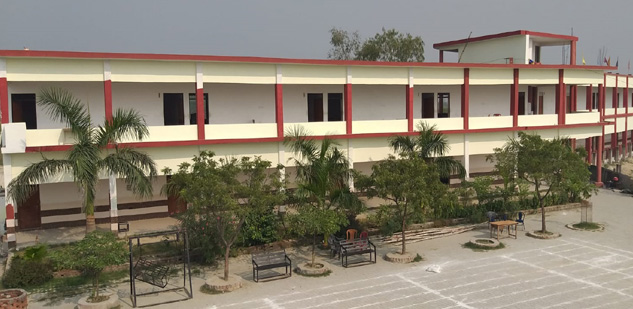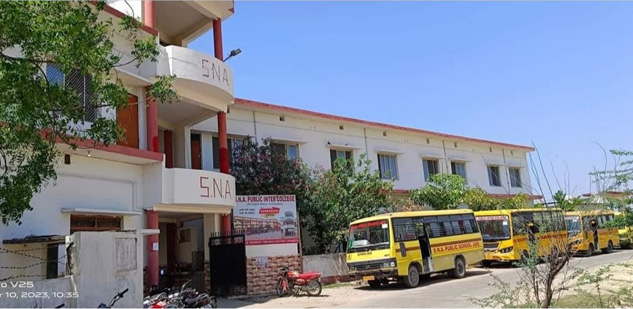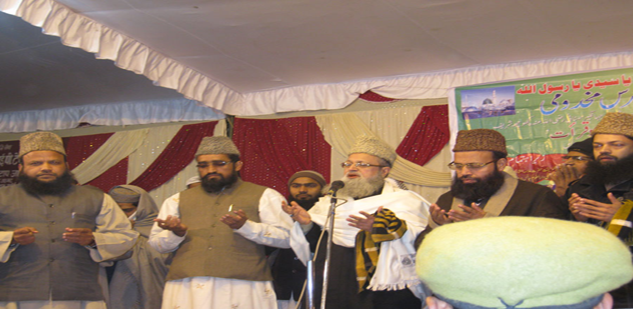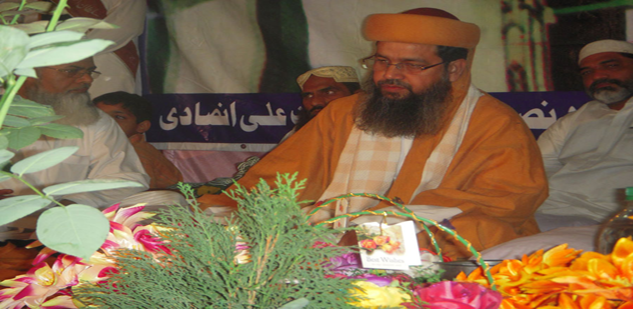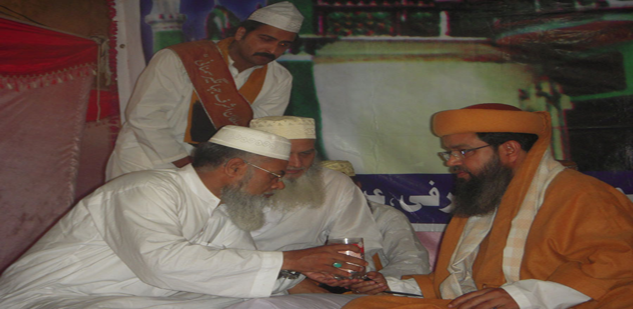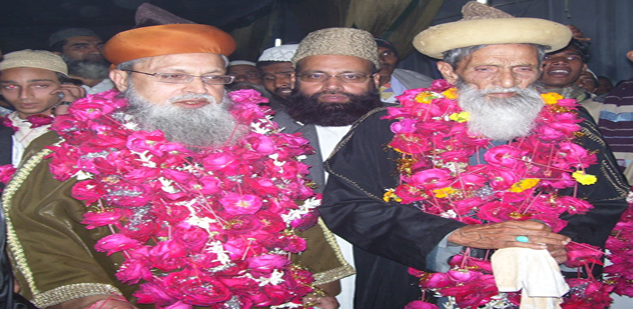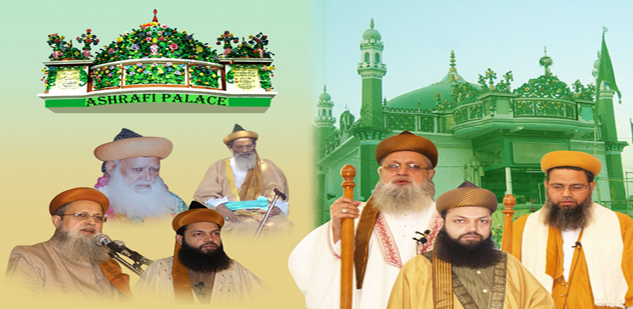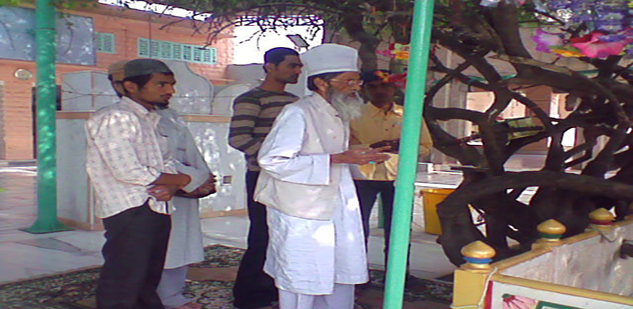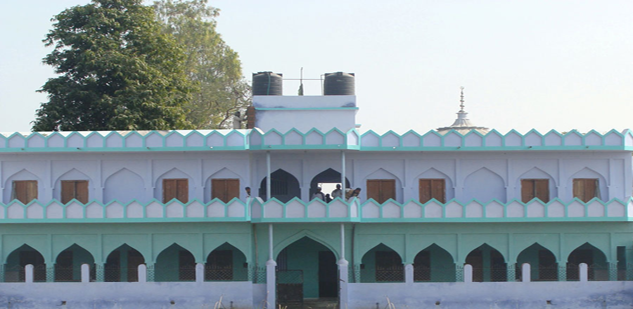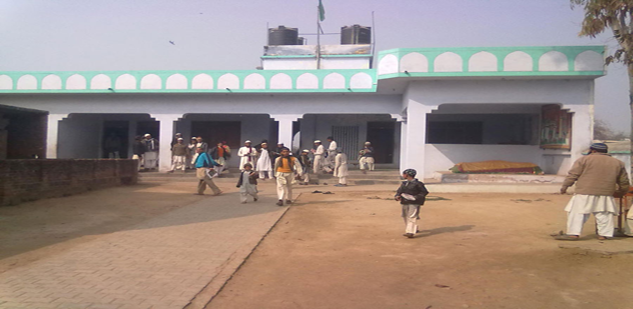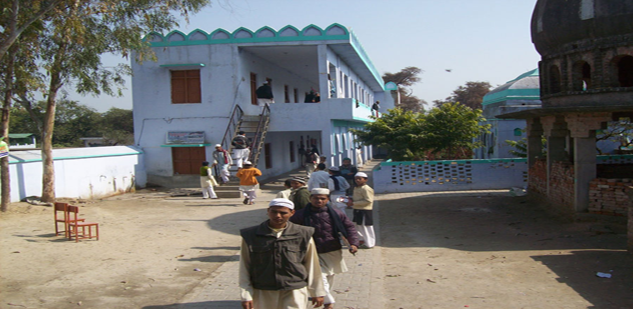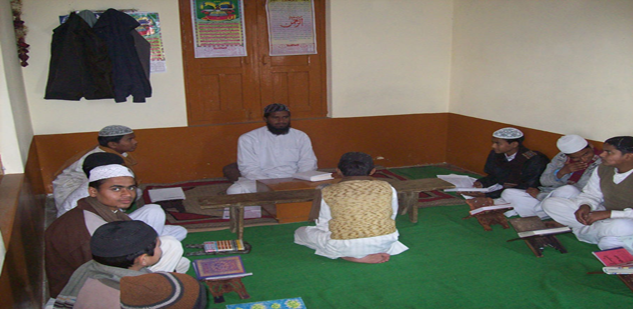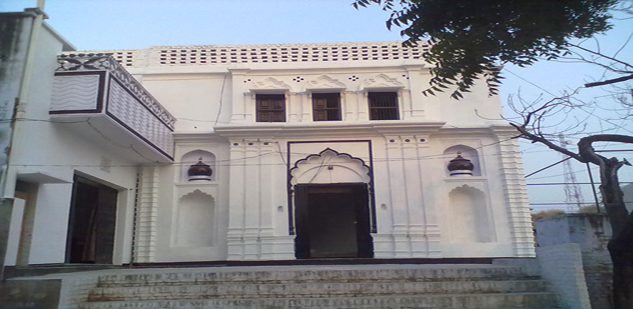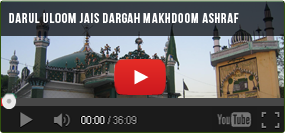
Explanation of Various Islamic Charity Categories:
Zakaat:
Click here for full Zakaat Regulations
Zakaat Definition:
Blessing, purification, increase and goodness. Ibn Taimiah said, ‘The soul of one who gives Zakaat is blessed and so is his wealth.’
The technical definition of Zakaat is a determined portion taken from wealth and allocated to those deserving it, by a Qur'anic injunction.
Calculating Zakaat
On the first of Ramadan, calculate your total wealth on that date and calculate Zakaat.
Zakaat on Pure Gold and Gold Jewellery:
Zakaat should be calculated at 2.5% of the market value as on the date of valuation (in our case we consider 1st of Ramadan).
Zakaat on Silver:
Zakaat is to be paid on silver in pure form of jewellery, utensils, decorative items and all household items including crockery, cutlery made of silver at 2.5% of the prevailing market rates.
Zakah on Cash and Bank Balance:
Zakah should be paid at 2.5% on all cash balance and bank balances in your savings, current or FD accounts. The amount technically should be in the bank for one year. Usually it happens that the balance keeps on changing as per personal requirements. You may make your best judgment and the best way is to pay on remaining amount on the day of calculation.
Fitrana (Sadaqat-ul-Fitr):
Sadaqat-ul-Fitr is an obligation for every Muslim, male or female, who owns 613.35 grams of silver or its equivalent, either in the form of money, ornaments, stock-in-trade, or in the form of some goods or commodities beyond one's normal needs. Every person who owns such an amount has to pay Sadaqat-ul-Fitr, not only on behalf of himself but also on behalf of his minor children. The prescribed amount of Sadaqat-ul-Fitr is 1.75 Kilograms of wheat or its value in money. This amount is prescribed for paying Sadaqat-ul-Fitr for one person only. If a person has some minor children, the same amount has to be paid on behalf of each one of them separately. The following points must be remembered concerning the payment of Sadaqat-ul-Fitr.
1. Sadaqat-ul-Fitr is obligated on each adult male or female separately, and the relevant adult person himself is responsible to pay it. The husband is not required to pay Sadaqat-ul-Fitr on behalf of his wife nor is the wife supposed to pay it on behalf of her husband. Similarly, a father is not bound to pay Sadaqat-ul-Fitr on behalf of his adult children or vice-versa. However, if the head of the family, by his own free will, wishes to pay Sadaqat-ul-Fitr for each one of the members of his family, he should seek their authorization for that purpose. In this case the Sadaqat-ul-Fitr paid by him will be valid on their behalf. If he did not pay the Sadaqat-ul-Fitr on behalf of any of the members of his family, he will not be responsible for it. Rather, it is the duty of every adult member of the family to discharge his own obligation or to request the head of the family to pay it on his or her behalf.
2. It is a Sunnah that the Sadaqat-ul-Fitr is paid before performing the 'Eid prayer. It can also be paid before the 'Eid day, but it is not advisable to delay it up to the performance of Eid prayer. However, if a person has failed to pay on its proper time, he should pay it as soon as possible, whereby the obligation will stand discharged.
3. The Sadaqat-ul-Fitr is not necessary on behalf of a child who was born after the break of dawn in the Eid day, nor is it necessary to pay Sadaqat-ul-Fitr on behalf of a person who dies before the dawn of the Eid day.
4. Sadaqat-ul-Fitr should be paid only to a person who is entitled to receive Zakaat.
Fidya:
Fidya: Compensation for unintentional act omissions
Fidya is when a person cannot fast due to ill health or old age. They must give compensation for each day missed with the intention that if they ever are to become healthy again then they have to keep qadha.
If he is poor then he should ask Allah for forgiveness for not being able to fast. Those unable to fast for this reason must pay £5 (2 meals) for each missed fast to a poor person.
Kaffarah:
Kafarah: Compensation for intentional act omissions
Kaffarah is a penalty of atonement when the fasting is deliberately broken, without a valid reason through eating, drinking, smoking and sexual intercourse. The penalty is:
1. To set a slave free
2. To fast for sixty consecutive days
3. To feed the poor (missing one fast equals to feeding one person for 60 days)
If one cannot fast due to valid reasons, then the person must feed the poor people, for 60 days, 2 meals (or give them the value of the same) which in today’s rate is £2.50 per meal - £5.00 per person (60 x £5 = £300).
Qurbani (Udhuiya):
Click this link for full regulations
Qurbani is a practice performed at Eid ul Adha, a celebration in recognition of the belief, humility and devotion shown to Allah by his Prophets, Ibrahim and only son, Ismail.
When Ibrahim received a revelation through his dream that he is to sacrifice Ismail, a treasured blessing to him at such an elderly age, he informed him of his dilemma and they both entrusted themselves to Allah. In exercising this uncompromised commitment to Allah, Ismail was replaced on the alter by a ram sent from the heavens in acknowledgement of his sincere faith in Allah.
In commemoration of this supreme act, exemplifying the spirit of sacrifice by both noble prophets of Islam, Muslims rejoice each year for the festival of Eid ul Adha. The festival is marked by the sacrifice of an animal, usually a sheep, goat or cow with a significant portion given to the poor in submission to the will of Allah.
Each year, Muslims engage themselves in the spirit of Qurbani to fulfil this selfless duty.
In doing so, they join a huge humanitarian effort by Islamic Relief to reach out to those who most need their help.
Prophet Muhammad (saws) said, “There is nothing dearer to Allah during the days of Qurbani than the sacrificing of animals. The sacrificed animal shall come on the Day of Judgement with its horns, hair, and hooves (to be weighed). The sacrifice is accepted by Allah before the blood reaches the ground. Therefore sacrifice with an open and happy heart.” ( Hadith: Tirmidi, Ibn Majah )
Sadaqah:
Q. What is Sadaqah?
A. Any donation other than Zakah is considered 'Sadaqah' or 'charity.' Amounts large or small and towards any good cause are considered Sadaqah.
Q. What is Sadaqah Jariyah?
A. Sadaqah Jariyah is 'continuous charity.' It includes any charity that continues to bring benefit to people, animals or the environment over time, and for as long as it does so it brings reward to the donor Inshah'Allah. Education, orphans care, safe water and tree plantation are just a few examples of Sadaqah Jariyah projects.
Lillah:
Q. What is Lillah?
A. Lillah meaning 'for Allah', comprises any form of charity given in the cause of Allah on a pure voluntary basis. This charitable giving is over and above the Zakah that one is liable for. For example, many charitable organisations collect Lillah for Relief Aid, Wells, and Masjid & Madrasah running costs. These contributions are made through the goodwill of Muslims who give solely for the pleasure of Allah.
Interest:
Q. What is Riba (Interest)?
A. Any transaction or loan where the payment of an additional amount on the principal is made conditional to the advance of such a loan is called Riba. The most common form of Riba these days is interest, whether that paid on bank accounts or loans. Interest is strictly forbidden in Islam and to accept or deal in it is a major sin.
Q. Why is interest forbidden?
A. Interest is forbidden as it is a socially unjust mechanism for lending money. It benefits the rich to the detriment of the poor and also does not involve any investment risk for the lending party.
Q. I have interest money or my bank account pays interest, what should I do?
A. If one has interest money from a bank account or elsewhere many scholars recommend this money is given to a charitable cause with the understanding one will not receive any reward for the donation. The money should be used by the charitable organisation to help the poor and needy, but is not to be used for certain projects such as the construction of mosques.
Q. Can I donate interest money to Darul Uloom Jais Dargah Makhdoom Ashraf Jais Raebareli U.P. India
A. Yes, you can. We will use your money to support our work helping the poor and needy but will not use it on projects where interest should not be spent, such as the construction of mosques.
Q. How do I donate my interest?
A. You can donate your interest online or over the phone. Please ensure that you select 'Interest Donation' as the donation type, so that we may spend your interest money correctly.
